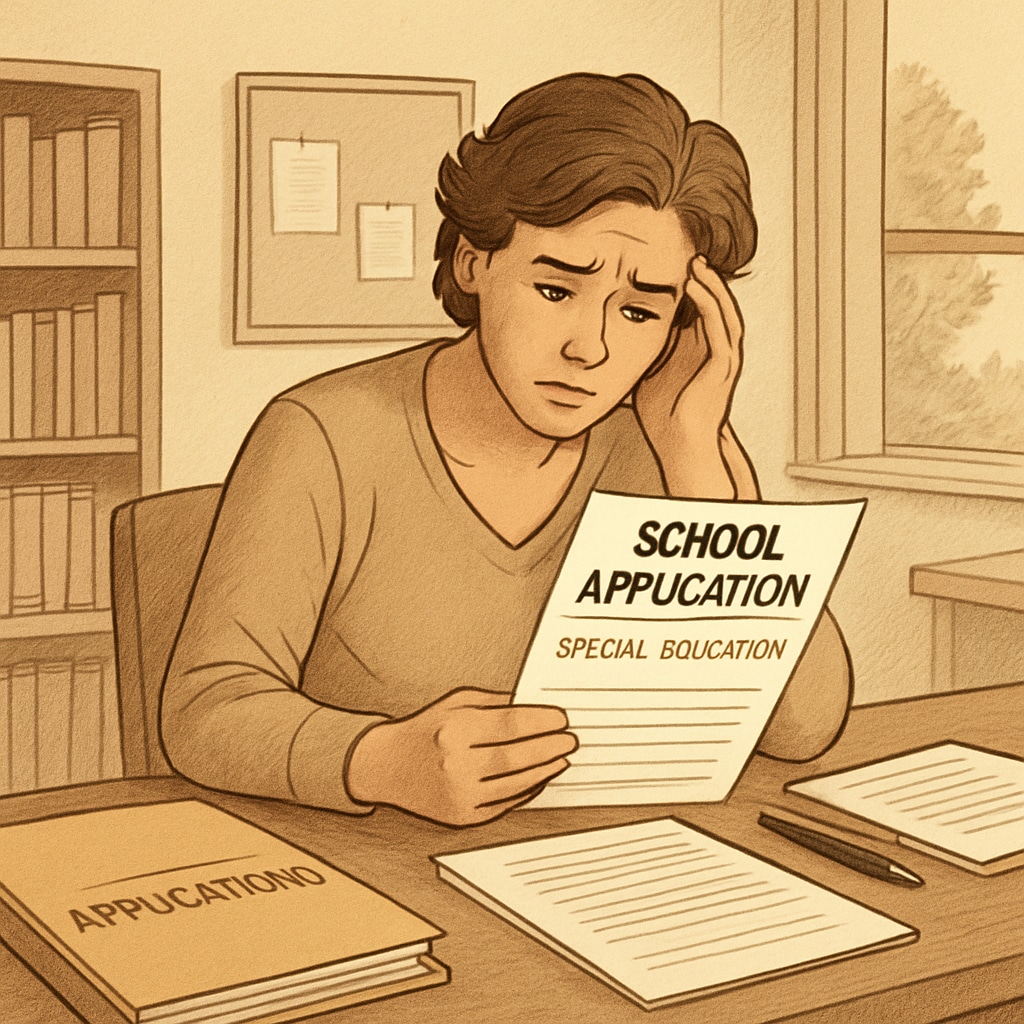For students with special educational needs (SEN), the process of applying to a new school can be fraught with obstacles. In the UK, local education departments are required by law to ensure fair access to education for all students, including those with SEN. However, these legal obligations are not always upheld, leaving families in distress. A striking case involves a 15-year-old girl who has been out of school for 22 weeks due to barriers in transferring to a suitable institution, highlighting systemic failures in the local education department.
Challenges in the Application Process for SEN Students
Special needs students often face unique hurdles during school applications. While UK legislation mandates the inclusion of SEN students in mainstream or specialized schools, the implementation of these policies can fall short. Parents frequently encounter delays, insufficient communication, and bureaucratic obstacles when working with local authorities. These challenges can lead to prolonged absences from education, as seen in the case of the 15-year-old girl who has been left without a suitable school placement for over five months.

Local Education Departments Failing Their Duties
The law obligates local education departments to prioritize the needs of SEN students, ensuring they receive timely and appropriate placements. However, many families report being forgotten in the system. In some cases, local authorities fail to respond to applications or provide adequate support, leaving students in limbo. This lack of accountability not only disrupts students’ education but also affects their emotional well-being and development.

Building a Fair and Inclusive Education System
Addressing these issues requires systemic changes. Policymakers must enforce stricter accountability measures for local education departments. Additionally, schools must be equipped with the resources and training to accommodate SEN students effectively. Improved communication channels between families and authorities can also reduce delays and ensure students receive the education they deserve.
For example, implementing centralized systems for school applications and SEN assessments could streamline processes and minimize errors. Countries like Finland offer successful models of inclusive education systems that prioritize accessibility and fairness. These systems demonstrate that with the right policies and practices, it is possible to support the educational journey of every child.
Readability guidance: Use short paragraphs to maintain focus and clarity. Transition words such as “however,” “therefore,” and “for example” help link ideas smoothly. Lists and practical solutions can summarize key points effectively.


